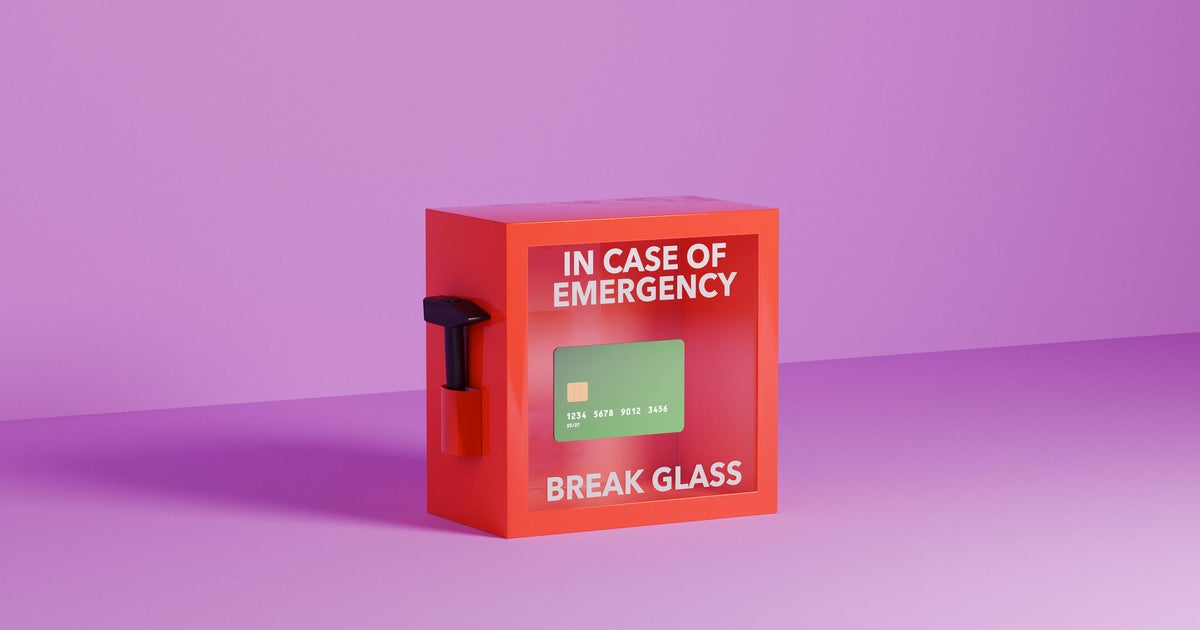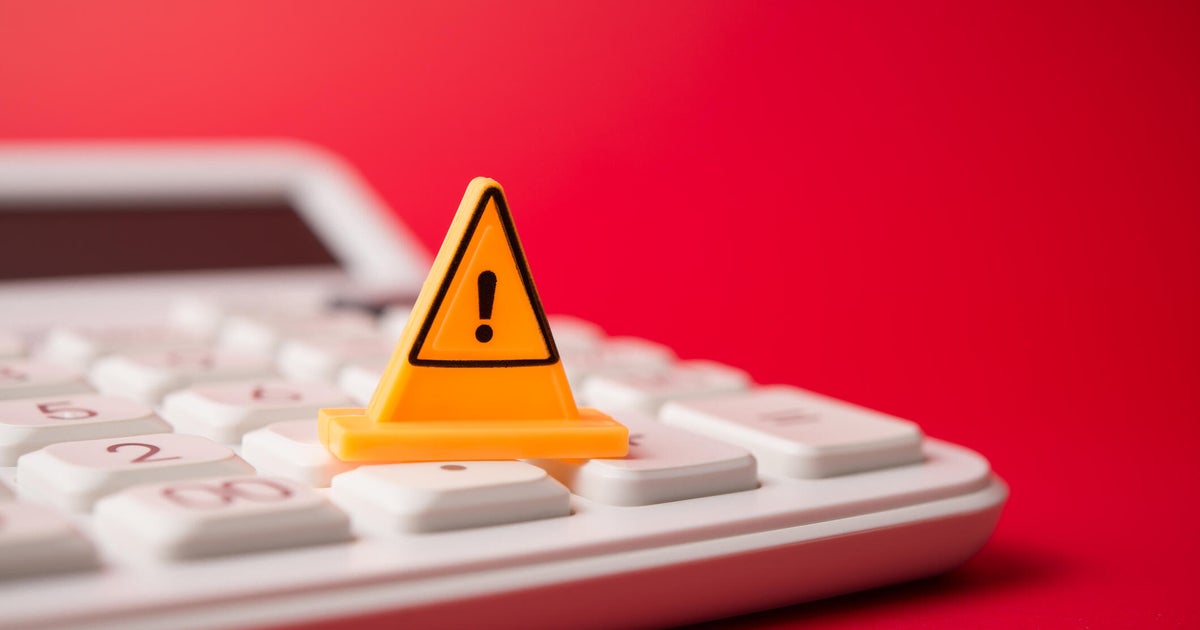3 reasons you shouldn't wait to get debt relief
Credit card debt is a common problem nationwide — but it can still be stressful and expensive to deal with. After all, credit cards typically come with high interest rates compared to other loan types, and now that the federal funds rate is frozen at a 23-year high, credit card rates are even higher than they were just a couple of years ago.
In turn, many borrowers are struggling to meet their payment obligations. If you're one of them, you might be thinking about enrolling in a debt relief service. But if you're planning to do so, you may not want to put it off. Here's why.
Find out how much relief a debt relief program can provide today.
3 reasons you shouldn't wait to get debt relief
If you're struggling to make your minimum payments, it may be time to enroll in a debt relief program. After all, waiting too long to seek relief could have consequences, including:
Your financial hardship could get worse
In many cases, it can be hard to determine when your financial hardship might improve. After all, new jobs can fall through, bonuses aren't guaranteed and other hardships can arise that impact your overall finances. Moreover, the financial situation could get worse over time — and your credit card debt could be a catalyst for that.
For example, if you're overwhelmed by credit card debt, a significant portion of your income could go toward making your payments, leaving little left over for other expenses. As such, you may end up using your cards to cover SOME costs, leading to more debt and higher monthly minimum payments.
Continuing on this path could result in maxed-out credit cards and more financial hardship. But reaching out to a debt relief service now could put you on the path to a financial recovery.
Talk to a debt relief professional about a solution now.
Credit card debt gets more costly over time
If you're only making minimum payments, a $10,000 credit card debt with a 24% interest rate could take anywhere from nearly 12 years to over 53 years to pay off. During that time, you could pay between $6,553.58 and $38,218.97 in interest charges.
But reaching out to a debt relief provider as soon as possible could save you a meaningful amount of money. For example, you may secure lower credit card interest rates shortly if you enroll in a debt management program. Or, if you choose the debt forgiveness option, the program focuses on settling your debts based on your balances at the time you sign up.
You could face harsh penalties if you wait
If you're unable to make the minimum payments on your credit cards and other debts, it could lead to serious penalties. Here are the penalties you could face if you're unable to make your payments as agreed:
- Lender penalties: These lender penalties, like interest rate increases and late fees, are typically the first consequence of making late credit card payments.
- Calls and letters: Your lenders may call or send letters in an attempt to collect any past-due payments.
- Mediation: Your lenders may choose to sue you for the balance of your account, which would likely start with mediation, in which a mediator works with both parties to help resolve the issue before it goes to court.
- Court: If you and your lenders can't reach an agreement, the case could go to court and a judgment may be issued.
- Further collections: Once your lender has a judgment against you, they may take further actions to collect the debt, which could include wage garnishments, bank account garnishments, property liens and other potential actions.
The bottom line
If you're struggling to make your credit card minimum payments, it can make sense to take advantage of debt relief as soon as possible. Waiting too long could prolong your financial hardship or make it worse, as credit card debt gets more costly over time and the penalties associated with failing to pay as agreed could be harsh. Reach out to a debt relief expert now to find out more.




